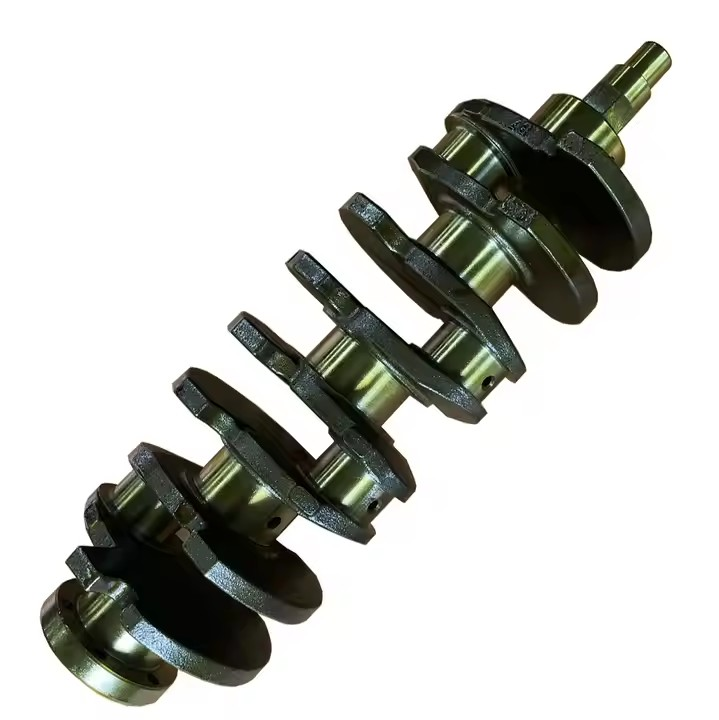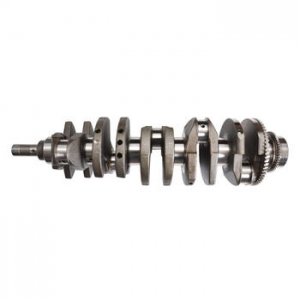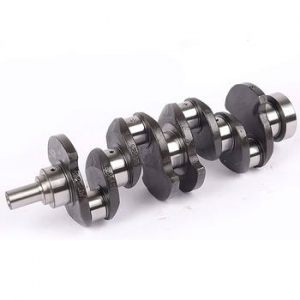The Heart of Your Engine: The Crankshaft
When it comes to engine performance, the crankshaft is the literal and metaphorical heart of the matter. It is the component that translates the reciprocating motion of the pistons into rotational motion, which ultimately drives your vehicle forward. But have you ever wondered what makes a good crankshaft? What sets a high-performance one apart from the rest? To answer that question, let's dive into the world of forged vs. cast crankshafts.
The Basics: Forged vs. Cast Crankshafts
Before we get into the nitty-gritty details, let's clarify what we mean by forged and cast crankshafts. Forged crankshafts are made from a single piece of metal, which is heated and then shaped using pressure. On the other hand, cast crankshafts are made by pouring molten metal into a mold. Both methods have their advantages and disadvantages.
Forged Crankshafts: Strength and Durability
Interestingly enough, forged crankshafts are typically stronger and more durable than their cast counterparts. This is because the forging process creates a more uniform grain structure in the metal, which improves its strength and resistance to fatigue. Additionally, forged crankshafts can be heat-treated to further increase their strength and durability. This makes them an excellent choice for high-performance engines, racing applications, and engines with heavy loads.
Cast Crankshafts: Affordability and Versatility
Cast crankshafts, on the other hand, are more affordable and versatile than forged crankshafts. The casting process allows for more intricate designs and larger production volumes, which helps keep costs down. Additionally, cast crankshafts can be made from a variety of materials, including cast iron, steel, and aluminum. This versatility makes them suitable for a wide range of engines, from small, low-powered ones to large, high-powered ones.
Choosing the Right Crankshaft for Your Engine Build
So, which type of crankshaft is right for your engine build? To answer that question, consider the following factors:
Practical Tips for Your Engine Build
Here are a few practical tips to help you choose the right crankshaft for your engine build:
- Consult with a trusted engine builder or automotive expert to get their recommendation on forged vs. cast crankshafts for your specific application.
- Research the crankshaft options available from reputable manufacturers, and compare their specifications, pricing, and customer reviews.
- Consider investing in a high-quality forged crankshaft if you plan on pushing your engine to its limits or using it in a racing application.
- Don't overlook the importance of proper installation and maintenance for your crankshaft, regardless of whether it's forged or cast.
In Conclusion: Making the Right Choice
In summary, choosing the right crankshaft for your engine build is a critical decision that can impact the performance, reliability, and longevity of your engine. By understanding the differences between forged and cast crankshafts, and considering factors such as engine power, budget, and design requirements, you can make an informed decision and choose the right crankshaft for your needs.
So, what are you waiting for? Whether you're building a high-performance engine for the track or a reliable daily driver, the right crankshaft can make all the difference. Take the time to do your research, consult with experts, and choose the best option for your unique application.




